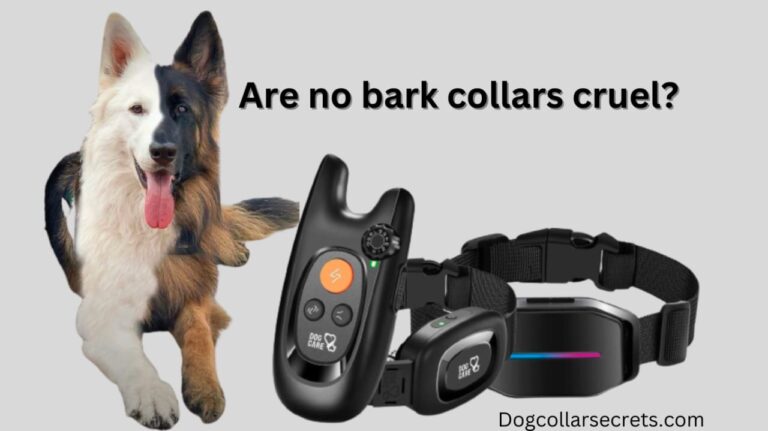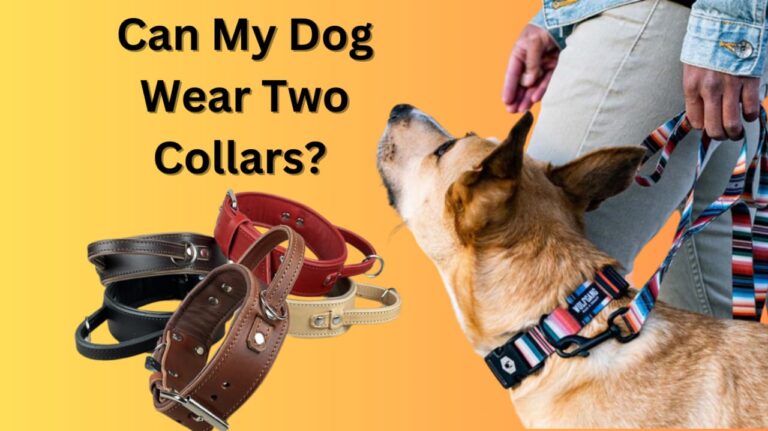Do hunting dogs wear shock collars?
Do hunting dogs wear shock collars?
Hunting dogs are indispensable companions for hunters, showcasing remarkable skills and loyalty during expeditions. To optimize their performance, trainers often turn to shock collars as a crucial training tool. In this article, we delve into the multifaceted world of shock collars for hunting dogs, addressing the central question, “Do hunting dogs wear shock collars?”
Understanding the Purpose of Shock Collars
At the heart of training hunting dogs lies the shock collar, a device designed to administer a mild electrical stimulation. This unobtrusive correctional measure is pivotal in refining the behavior of hunting dogs, transforming them into disciplined and efficient partners for hunters. The shock collar’s primary objective is to establish a clear line of communication between the handler and the dog, fostering obedience and responsiveness.
Do hunting dogs wear shock collars?
The Training Process
The training process involving shock collars is systematic and relies on positive reinforcement. Trainers utilize these collars to reinforce specific commands and deter undesirable behaviors such as excessive barking, straying, or independent chasing. The mild shock serves as an immediate correction, creating a strong association between the behavior and its consequences. This methodology is proven to be effective in instilling discipline and responsiveness in hunting dogs.
Benefits of Using Shock Collars
- Precision Training: Shock collars offer a level of precision that is invaluable in the expansive environments where hunting dogs operate. Commands can be communicated effectively over significant distances, ensuring that the dog responds promptly even in challenging terrains.
- Consistent Correction: Consistency is key in dog training. Shock collars provide a reliable means of correction, ensuring that hunting dogs receive immediate feedback for their actions. This consistency is instrumental in reinforcing desired behaviors and curbing unwanted ones, resulting in a more reliable and disciplined canine companion.
- Remote Control Functionality: The remote control feature of shock collars empowers handlers to manage their dogs from a distance. This is particularly advantageous in scenarios where close proximity may be impractical or unsafe. The ability to control the dog remotely enhances communication and ensures effective training in diverse hunting environments.
Addressing Concerns
While shock collars have proven to be effective, concerns have been raised about their impact on the well-being of hunting dogs. Critics argue that the electrical stimulation may cause stress or discomfort. However, responsible training practices prioritize the welfare of the animals. Reputable trainers emphasize using the lowest effective level of stimulation and often incorporate positive reinforcement techniques alongside shock collar training to ensure a balanced and humane approach.
In-Depth Training Techniques
Shock collar training goes beyond correction—it involves a nuanced understanding of a dog’s behavior and the incorporation of positive reinforcement. Trainers often use a combination of verbal commands, hand signals, and the shock collar to establish clear communication with the hunting dog. This comprehensive approach ensures that the dog not only learns to avoid undesirable behaviors but also understands and responds to the desired commands consistently.
Real-Life Success Stories
To illustrate the effectiveness of shock collar training, it’s enlightening to explore real-life success stories. Numerous hunters attest to the transformative impact of shock collar training on their dogs, citing improved obedience, heightened responsiveness, and a stronger bond between handler and canine companion. These narratives shed light on the practical benefits of incorporating shock collars into the training regimen of hunting dogs.
Conclusion
In conclusion, shock collars play a comprehensive role in the training of hunting dogs, offering a balance between correction and positive reinforcement. When used responsibly, these collars contribute to the development of disciplined, efficient, and reliable companions for hunters. The ongoing dialogue surrounding shock collar usage emphasizes the importance of ethical training practices that prioritize the well-being of the animals, ensuring a harmonious partnership between hunters and their canine counterparts. So, to answer the question, “Do hunting dogs wear shock collars?” – yes, and when integrated into a thoughtful training approach, these collars become valuable tools in shaping the success of hunting dog teams.



